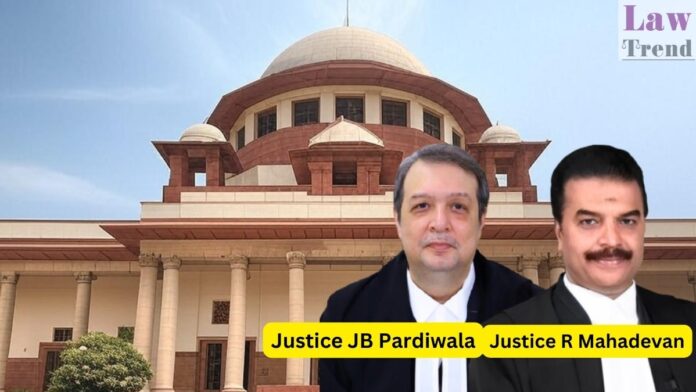The Supreme Court of India has held that a Magistrate commits a “very serious error” by ordering a police investigation under Section 156(3) of the Code of Criminal Procedure (Cr.P.C.) on a complaint filed by a judicial officer for an offence under Section 186 of the Indian Penal Code (I.P.C.). While explaining the scope of
To Read More Please Subscribe to VIP Membership for Unlimited Access to All the Articles, Download Available Copies of Judgments/Order, Acess to Central/State Bare Acts, Advertisement Free Content, Access to More than 4000 Legal Drafts( Readymade Editable Formats of Suits, Petitions, Writs, Legal Notices, Divorce Petitions, 138 Notices, Bail Applications etc.) in Hindi and English.




